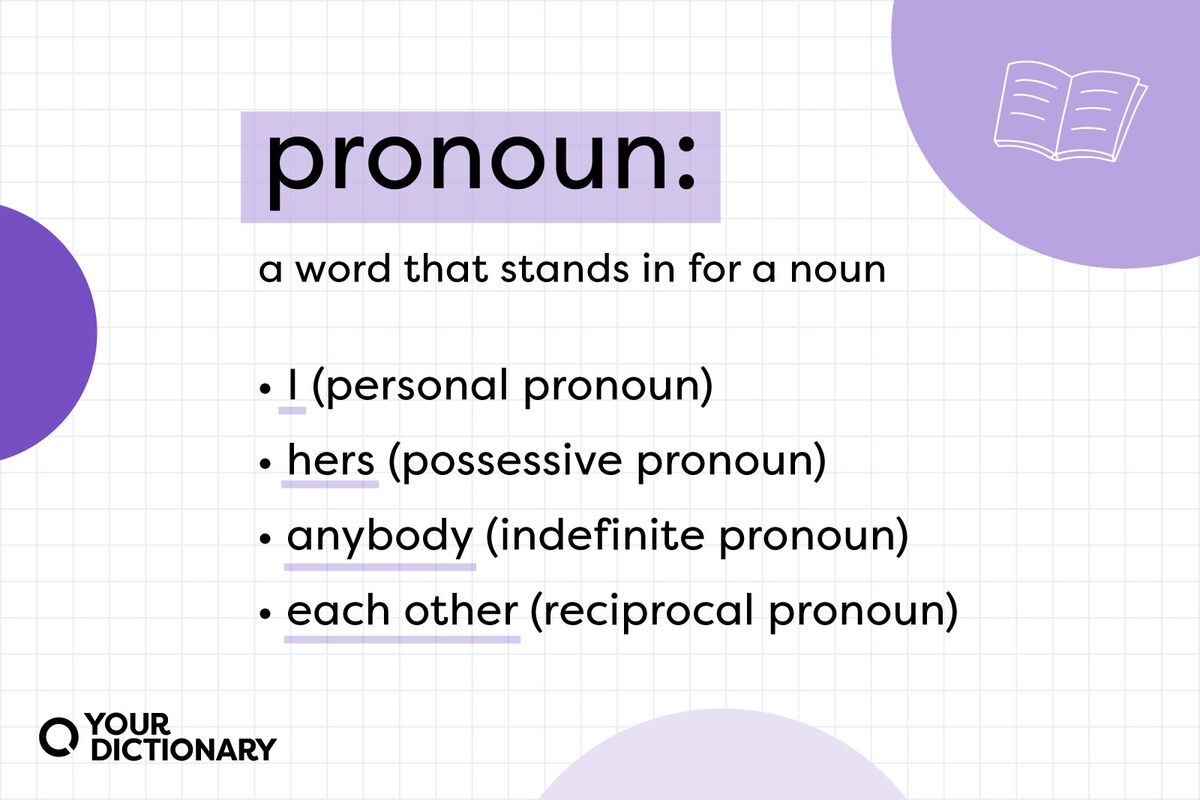Nouns and pronouns are essential parts of speech in the English language. They serve as the building blocks for constructing sentences and conveying meaning. Understanding the differences between nouns and pronouns is crucial for effective communication.
Both nouns and pronouns are used to identify people, places, things, or ideas. Nouns are words that name a person, place, thing, or idea, such as “dog,” “house,” “banana,” or “love.” Pronouns, on the other hand, are words that can replace nouns in a sentence, such as “he,” “she,” “it,” “they,” or “we.”
Nouns and Pronouns Definition
Nouns are the words that act as the subject or object of a sentence. They can be singular or plural, concrete or abstract. Nouns can also be categorized as common nouns (e.g., “book,” “chair”) or proper nouns (e.g., “John,” “Paris”). Pronouns, on the other hand, are used to avoid repetitive use of nouns in a sentence. They can refer to specific people, places, things, or ideas without explicitly naming them.
For example, in the sentence “John likes to read books,” “John” is a noun that acts as the subject, while “books” is a noun that acts as the object. If we replace “John” with a pronoun, the sentence becomes “He likes to read books.” In this case, “he” is a pronoun that refers to “John.”
Pronouns can also be divided into different categories, such as personal pronouns (e.g., “I,” “you,” “he”), demonstrative pronouns (e.g., “this,” “that”), possessive pronouns (e.g., “mine,” “yours”), and relative pronouns (e.g., “who,” “which”). Each type of pronoun serves a specific function in a sentence.
In summary, nouns and pronouns play distinct roles in sentence structure. Nouns name people, places, things, or ideas, while pronouns replace nouns to avoid repetition. By understanding the definitions and functions of nouns and pronouns, you can improve your writing and communication skills.
Next time you write a sentence, pay attention to the nouns and pronouns you use, and see how they contribute to the clarity and effectiveness of your message.
